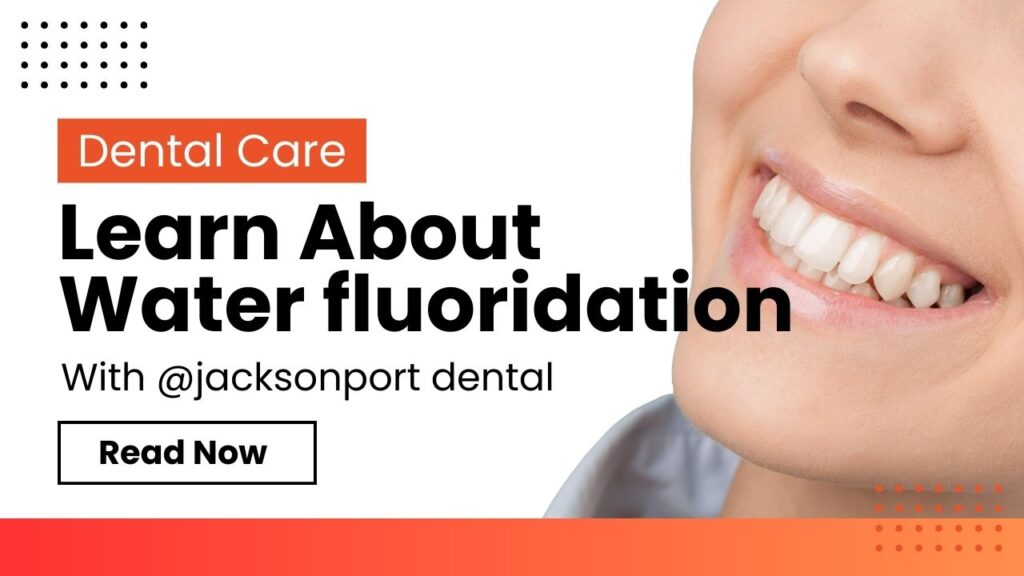Water fluoridation has been part of public health conversations since 1945, when Grand Rapids, Michigan, became the first city in the world to add fluoride to its drinking water. At the time, it was a revolutionary idea, and it’s easy to see why. By strengthening tooth enamel, fluoride made teeth more resistant to decay caused by acids and bacteria. Decades of research have shown that fluoridated water can reduce cavities by around 25% for both kids and adults. It’s often described as one of the greatest public health achievements of the 20th century. And the best part? It’s accessible to everyone in a community, regardless of their socioeconomic status or access to dental care.
Organizations like the American Dental Association (ADA) and the World Health Organization (WHO) have been strong supporters of fluoridation, pointing to its safety, effectiveness, and affordability. For many, it’s been an essential part of preventive dental care, especially for populations that might otherwise lack the resources for regular dental visits. At Jacksonport Dental, we also believe in empowering patients with accessible and effective solutions for their oral health.
But in recent years, this long-standing practice has come under the microscope. While many still support fluoridation, others have raised concerns about its potential downsides. One of the most talked-about issues is whether fluoride, in high doses, could pose risks to cognitive development in children. A few studies have linked high fluoride exposure to lower IQs, prompting the Environmental Protection Agency (EPA) to launch a deeper investigation. Though these studies involve much higher levels of fluoride than what’s typically found in fluoridated water, they’ve added fuel to the debate.
Another concern is dental fluorosis. This condition, caused by excessive fluoride exposure during childhood, results in white spots or streaks on teeth. While it’s usually harmless and purely cosmetic, it has led some to question whether we’re getting too much fluoride from water, toothpaste, and other sources combined. And then there’s the ethical argument: is it fair to medicate an entire community through drinking water, especially when individuals can’t opt out? Critics argue that this approach takes away personal choice, a point that resonates with those who are skeptical of one-size-fits-all solutions.
These concerns are driving change in some areas. For example, Yorktown, New York, recently decided to stop fluoridating its water after residents expressed unease and called for more research into potential health risks. Other communities are also reevaluating their policies, leading to heated debates about whether fluoride’s benefits outweigh its possible risks.
So, where does that leave us? On the one hand, there’s no denying the benefits of water fluoridation. It’s a cost-effective way to improve oral health, reduce cavities, and promote stronger teeth. For many, it’s still the gold standard of preventive care. On the other hand, as science evolves, it’s essential to address legitimate concerns about safety, ethics, and individual choice. Modern dental health strategies are more nuanced than ever, and they should reflect the latest research and the values of the communities they serve.
At Jacksonport Dental, we’re committed to staying at the forefront of these conversations while delivering trusted dental care to our patients. Whether you’re looking for fluoride treatments, restorative care, or any of our comprehensive dental services, we’re here to support your journey to a healthier smile.
Your Journey to a Healthier, Brighter Smile Starts Here
Whether you need a single-tooth replacement or a full-arch solution, Jacksonport Dental is here to help. We’re passionate about empowering our patients to smile with confidence and enjoy life to the fullest.
Don’t let missing teeth or dental concerns hold you back any longer. Take the first step toward a healthier, more vibrant smile today!



